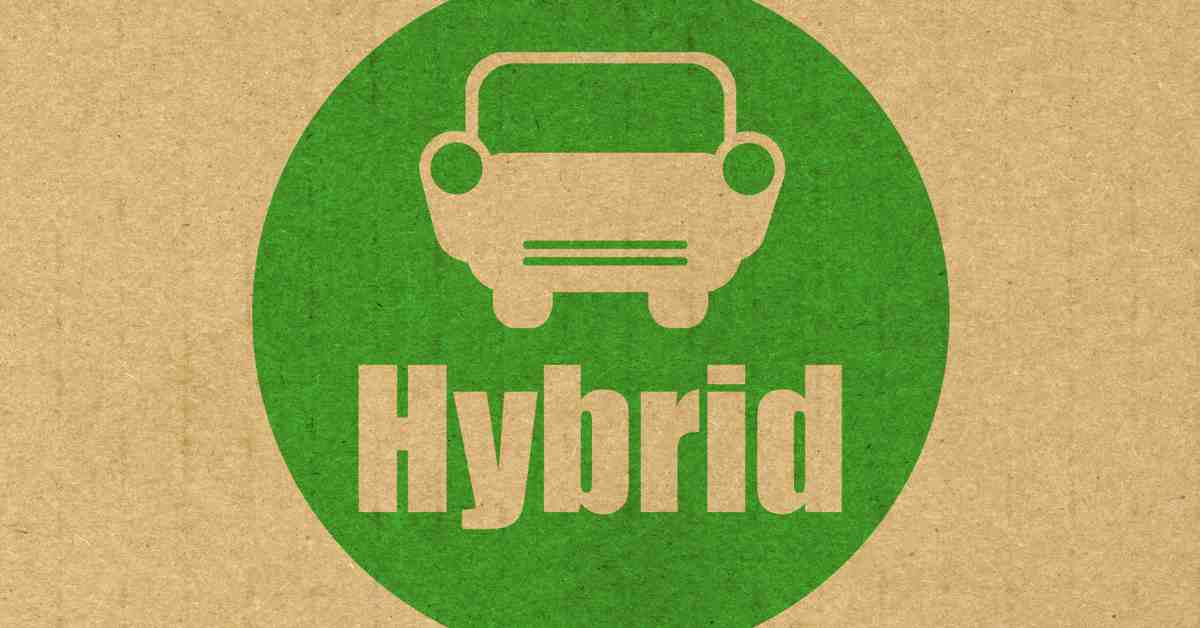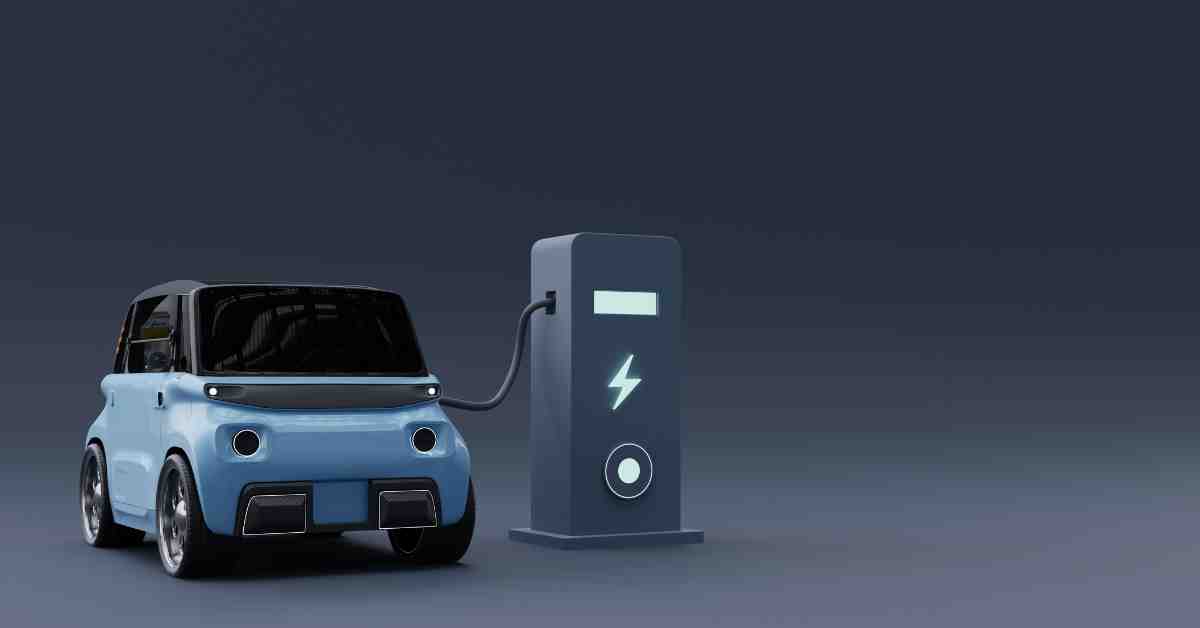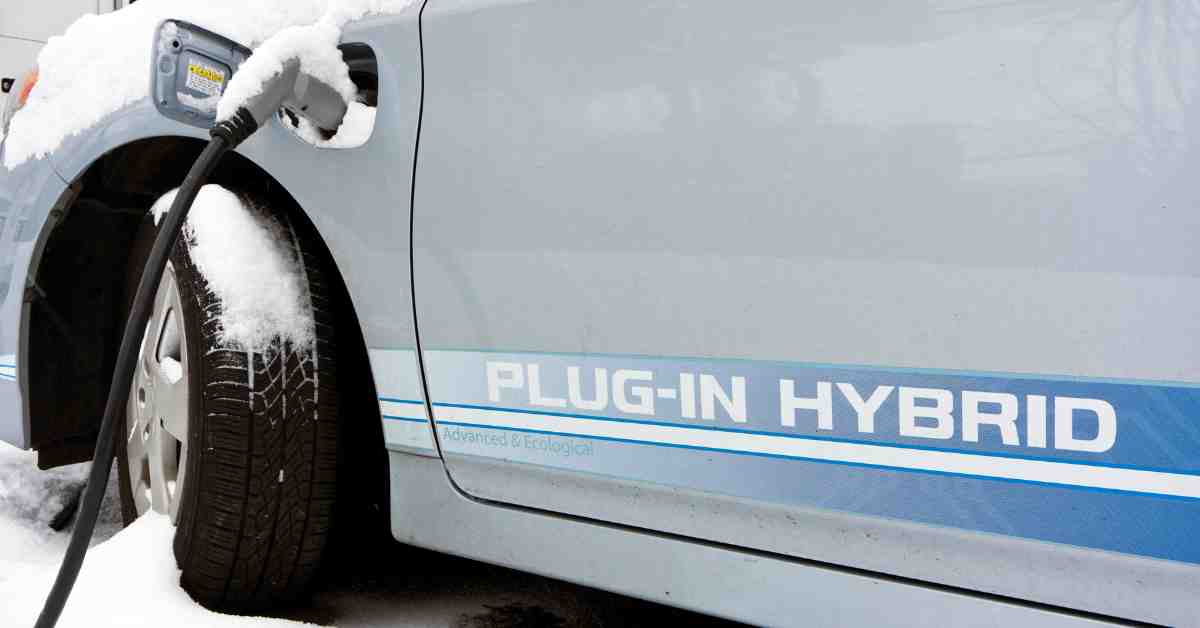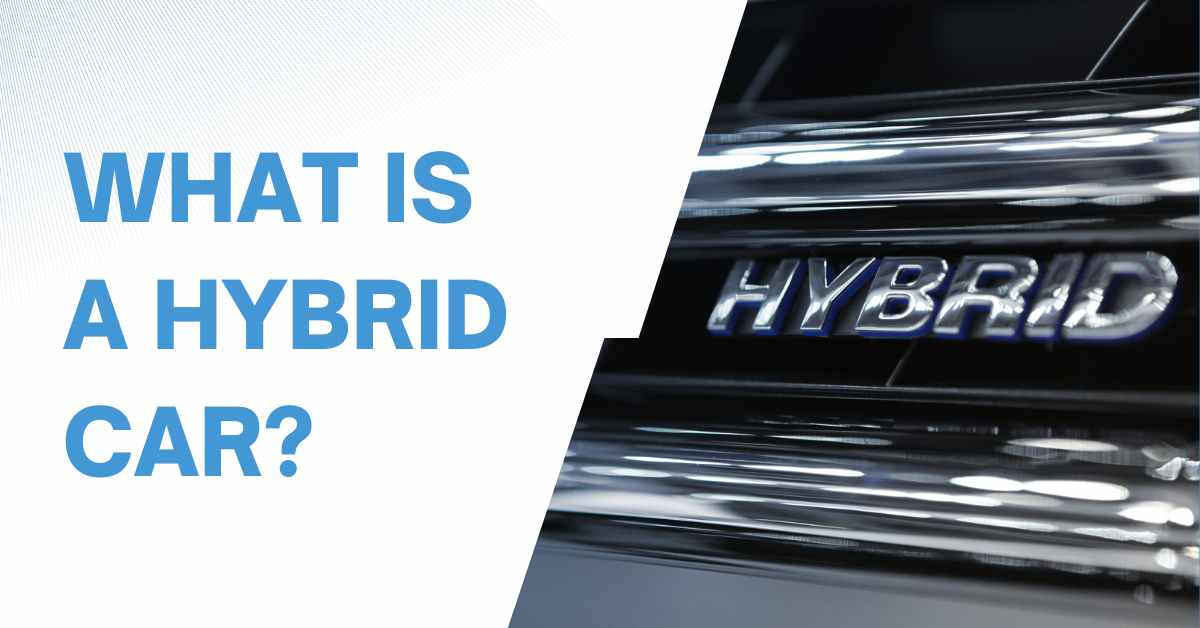Are you considering making the switch to a hybrid car? As an eco-friendly option for reducing your carbon footprint and lowering your fuel costs, hybrid cars offer unparalleled benefits compared to traditional vehicles.
But what is a hybrid car? In this blog post, we’ll break down what is a hybrid car, the types of hybrid cars along with pros and cons of hybrid cars.
Keep reading if you’re curious about how going green with a hybrid might be right for you.
What Is A Hybrid Car?
A hybrid car is a vehicle that uses a combination of both an internal combustion engine and an electric motor. This synergy allows the car to conserve fuel while reducing the amount of harmful emissions released into the environment.
In India, hybrid cars have gained popularity due to the country’s growing concern for environmental sustainability. They provide an efficient mode of transportation that helps drivers save on fuel costs while simultaneously reducing their carbon footprint.
Overall, a hybrid car is a great choice for individuals who want to contribute to a cleaner and greener future.
Advantages And Disadvantages Of A Hybrid Car

Hybrid cars are the perfect choice for those wanting a car that is both eco-friendly and fuel-efficient.
Let’s look into the various pros and cons of investing in a hybrid car in India so that you can make an informed decision about your next vehicle purchase.
Advantages Of Hybrid Car
Hybrid cars have been gaining popularity in India due to their many advantages. Among these are improved fuel efficiency, reduced carbon emissions, lower cost of ownership, and better performance.
#1. Fuel Efficiency
The electric motor provides extra power while the battery stores energy recovered from braking and coasting.
This helps reduce reliance on fuel when accelerating and cruising which ultimately leads to fewer trips to the pump for refills resulting in improved overall fuel economy over its life span.
#2. Reduced Carbon Emissions
Every litre of fuel burned releases carbon dioxide into the atmosphere, contributing to global warming and air pollution.
Because hybrid cars are more efficient than traditional vehicles they produce fewer carbon emissions over time – reducing environmental impact while running greener at the same time.
#3. Better Resale Value
Hybrid vehicles generally have higher resale values than traditional cars and therefore make great investments for those looking to upgrade their vehicle later down the line or sell their current car at a good price point in the future.
#4. Government Incentives
The government of India provides various incentives for those considering purchasing a new hybrid vehicle such as tax breaks and subsidies which make it affordable compared with regular petrol models.
#5. Flexibility
Thanks to technologies like regenerative braking, recharging your hybrid is easy and straightforward; no need for frequent visits to charging stations any more.
Additionally, many modern hybrids now feature all-wheel drive capabilities meaning that these vehicles offer far better traction control – perfect if you live in areas where bad weather conditions occur frequently throughout the year.
Also Check: 13 Practical Tips To Increase Car Mileage
Disadvantages Of Hybrid Car

Hybrid cars have several advantages over traditional vehicles. But it’s also important to weigh the disadvantages of hybrid cars in India before making a purchase decision.
Here are some cons associated with hybrid vehicles that should be considered:
#1. Cost
Hybrid car models are often more expensive than traditional petrol/diesel ones since they require both an electric motor and a combustion engine in order to run efficiently.
Additionally, the batteries used for hybrid cars may need replacing during their lifetime, leading to additional costs.
As such, even though there may be long-term savings due to improved fuel efficiency and reduced emissions from hybrids over conventional vehicles, upfront costs can make them prohibitively expensive for many consumers.
#2. Limited Availability
As stated earlier, hybrid cars are still relatively rare in India—this means limited availability of repair services and knowledgeable mechanics who can service these types of cars if needed.
Additionally, it may also prove difficult to find spare parts when they require replacement or repair since many car manufacturers do not yet have established supply chains for these components in India.
#3. Limited Options for Purchase
Although hybrid car sales have been steadily increasing over the past few years, there is still a very limited number of models available for purchase in India.
Many manufacturers only make certain types of hybrids available depending on where you’re located within India which limits potential buyers’ choices when it comes time to pick out one from a dealership.
Different Types Of Hybrid Car

In general, a hybrid car is any vehicle that uses more than one energy source. There are six main types of hybrid cars that are available in the market:
#1. Full Hybrids
These types of hybrids switch seamlessly between the traditional internal combustion engine (ICE) and electric motor-powered propulsion systems on their own.
The ICE takes charge when higher power output is required, while at lower speeds such as city driving, the car runs on electric power for better efficiency.
#2. Series Hybrids
Where the engine isn’t directly connected to the wheels but instead produces electricity for a generator that recharges the battery while an electric motor provides all propulsion instead.
#3. Parallel Hybrids
With its engine and electric motor connected together in one transmission. Depending on the driver’s needs, they can be powered either directly by an engine, by an electric motor alone, or through both.
Also Check: Step-by-Step Guide To Calculate the Average Of Car
#4. Plug-In Hybrids
As its name implies, these hybrids have larger batteries than conventional models which can be recharged from external sources via plugging them into any outlet.
When its all-electric range runs out after some distance travelled, however; they function just like regular parallel hybrids do but don’t require refilling as often due to their refillable battery reserves.
#5. Mild hybrids
Mild hybrids provide a supplementary power boost during acceleration which can help improve fuel efficiency.
This is achieved by an electric motor that assists the engine and cannot propel the vehicle on its own, enabling start-stop functionality for improved efficiency.
#6. Series-Parallel Hybrids
A configuration that combines the features of both series and parallel hybrids into one package. This system allows for vehicles to operate in various modes depending on driving conditions.
Effectively switching between series and parallel drivetrains for optimal performance, fuel efficiency, and overall driving experience.
Due to their complex nature, these systems can be quite expensive but provide remarkable levels of efficiency when compared with other conventional forms of propulsion such as petrol or diesel engines alone.
Takeaway
Ultimately, hybrid cars are the way of the future. They offer environmentally friendly transportation, as well as superior performance in terms of fuel economy and engine power.
Sure, there are some drawbacks that you should consider before making the switch to hybrid vehicles, but for many drivers out there, the advantages far outweigh the disadvantages.
We hope this blog post has helped you better understand what hybrid vehicles are, their various types, and what their benefits are.
If we missed something important or you would like to contribute more information about hybrid cars that could help our readers out, please feel free to comment below.

